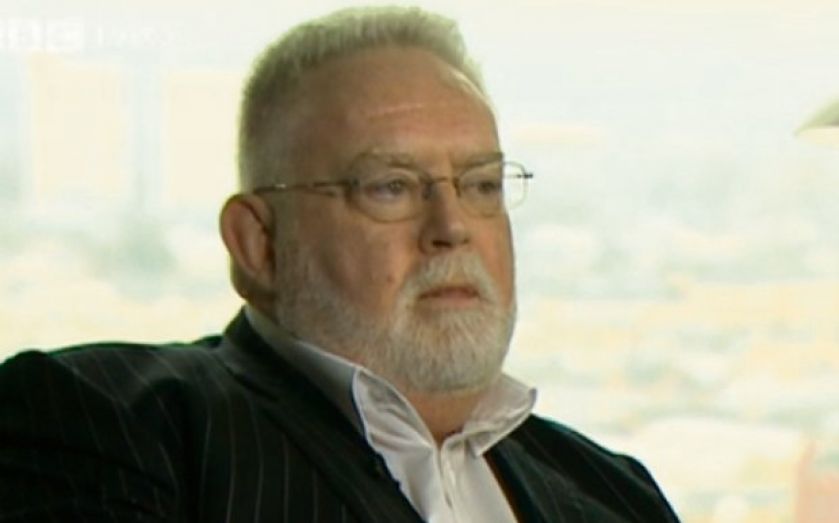Flowers: Chancellor wanted a Co-op deal

DISGRACED former chairman of the Co-operative Bank Paul Flowers has accused the chancellor of being the driving force behind a deal which ultimately exposed the bank’s dire financial situation.
In an explosive interview on the BBC’s Newsnight programme, Flowers told Jeremy Paxman that he came under “considerable” pressure from the government to complete a successful deal with Lloyds to take over a number of branches.
The deal would have boosted the Co-op Bank’s market share significantly but eventually collapsed after it emerged the bank was in financial difficulty.
“They wanted a deal,” Flowers said of the government, adding that pressure came “mainly from Conservatives”.
“Clearly they wanted a deal which would help them in terms of public finances. They actually said that they were keen on Co-op becoming a much more significant player with more scale,” Flowers said. “There was pressure certainly from Mark Hoban but I believe and know that that originated much higher up with the chancellor himself,” he added.
The allegations are damning for the government, which has always maintained that the decision was a commercial one with no political intervention. A Treasury spokesman said last night: “The selection of the Co-op and the decision on whether to proceed with the Verde deal was a purely commercial matter for Lloyds Bank and the Co-op Bank, as the chairman and chief executive of Lloyds have consistently made clear. In the event, Co-op withdrew from the transaction. Since the full extent of the situation at Co-op Bank became clear the chancellor has ordered an independent investigation into the events at the Co-op Bank and the circumstances surrounding them.”
A Liberal Democrat spokesperson reiterated that Vince Cable had also not been lobbying for a deal.
However, Westminster insiders have raised questions about the version of events given by Flowers to Newsnight, following his appearance before the Treasury select committee last year.
During the session, Flowers was pressed on whether he felt political pressure had been put on the Co-op Bank to secure the deal. “There was no interference in process and there was no undue pressure,” he replied.
During his interview with Paxman last night, Flowers said he felt like he had been “set up to fail” due to the complex nature of decision-making at the Co-op Bank. When asked by Paxman what made him think he was qualified to run a bank Flowers replied: “I didn’t and it wasn’t my job to make a judgement about whether I was qualified.” He added that he has had no contact with former colleagues since he resigned.
The fresh claims come just days after the struggling Co-op discovered another £400m hole in its balance sheet, prompting concern that the Co-operative Group could sever its ties with the bank.